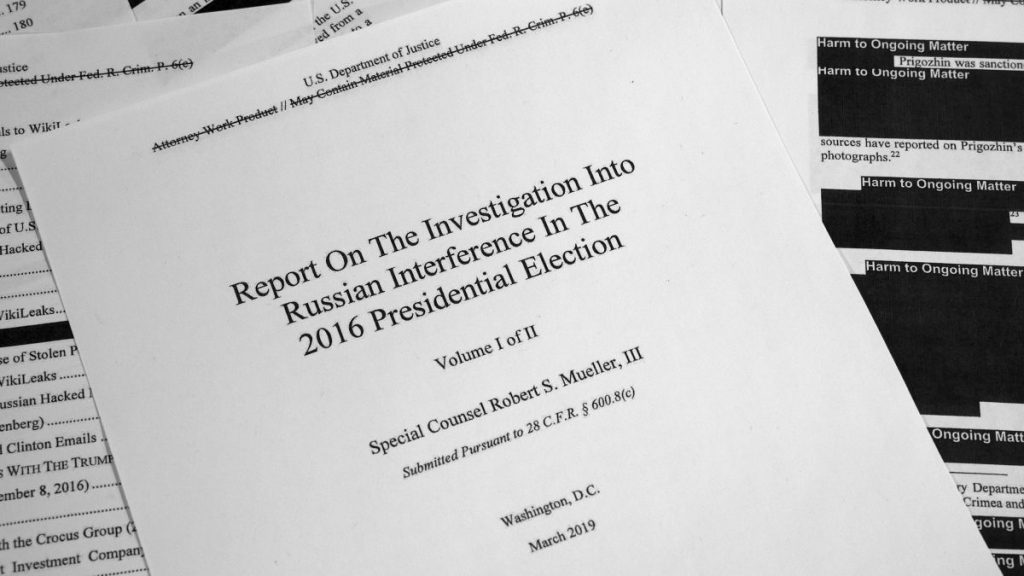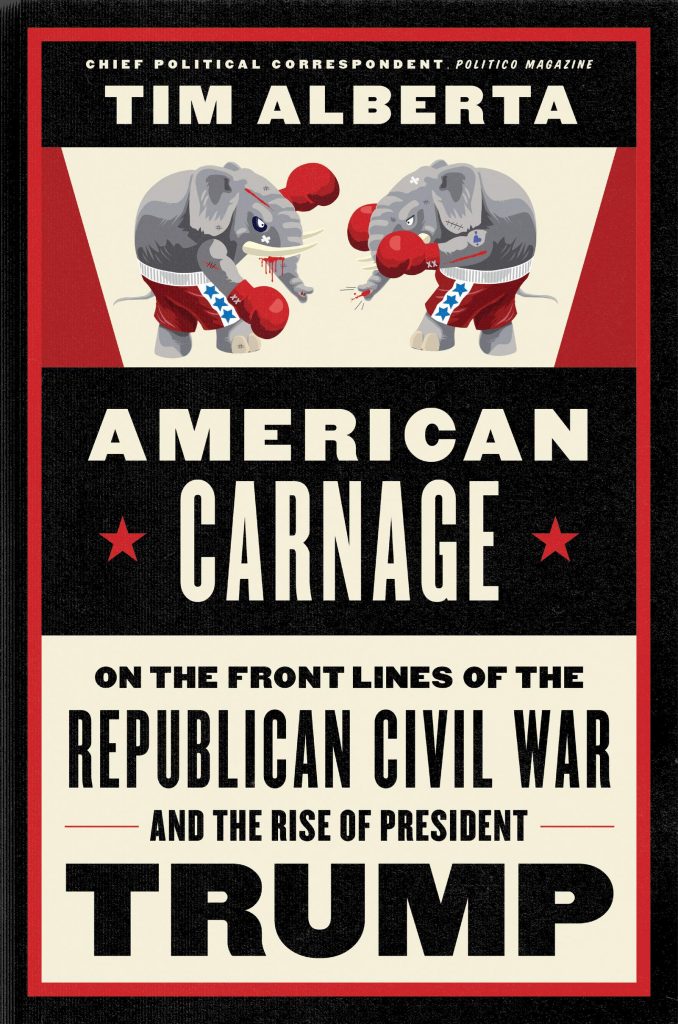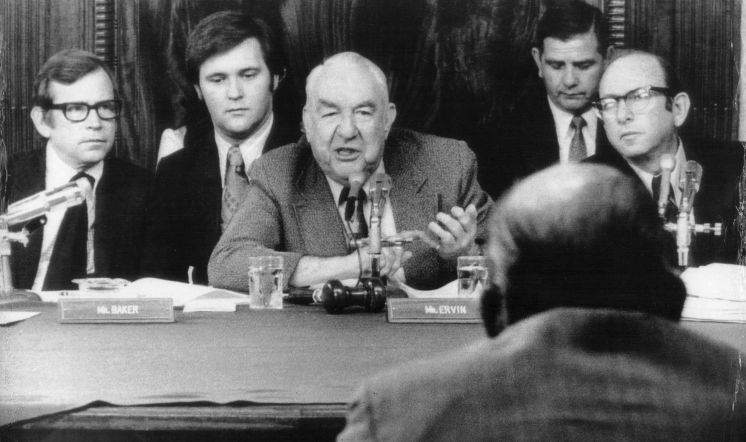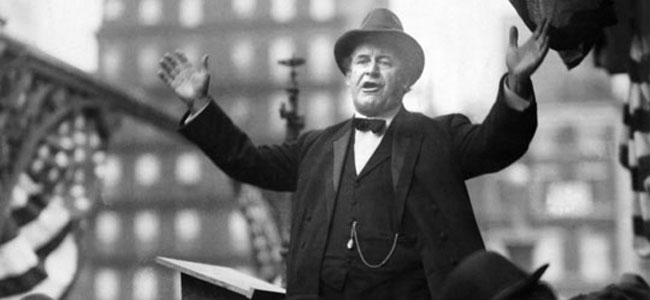The shambolic, incoherent, incompetent, lie-infested and often just plain crazy foreign policy of Donald Trump was on full display in recent days, while what passes for the TOP (Trump Old Party) foreign policy establishment, including Idaho Sen. Jim Risch, was on August vacation.
In the space of a few days:
Trump threw a hissy fit when the Danish prime minister rebuffed his scheme to “buy” Greenland and Trump responded by cancelling a state visit.

The chaos of the president’s Iranian policy was on full view at the G-7 summit in France where Trump’s decision to pull out of the agreement to control Iran’s nuclear weapons program, with no realistic alternative in place, has become a signature foreign policy failure.
Trump claimed, with no evidence that talks with China to end an escalating trade war were back on. They were not. Nor had the U.S. made a trade deal with Japan, as Trump claimed.
And, of course, Vladimir Putin’s best friend, the president of the United States, was doing PR work for the Russian thug with our G-7 allies, while dishonoring years of bipartisan and international condemnation of the former KGB officer.
Oh, yes, after three Trump photo ops with Kim Jong Un, events that gave the North Korea dictator precisely the legitimacy he craves, that murderous thug is still firing off missiles in violation of United Nation’s sanctions.

“The First Lady has gotten to know Kim Jong Un, and I think she’d agree with me—he is a man with a country that has tremendous potential,” Trump told reporters at the G-7.
But as journalist Robin Wright pointed out, “Melania Trump has never met Kim.” The White House later issued a “clarification.” Stephanie Grisham, the latest dissembler in the White House press office, said that Trump “confides in his wife on many issues including the detailed elements of his strong relationship with Chairman Kim—and while the First Lady hasn’t met him, the President feels like she’s gotten to know him too” Right.
It’s difficult to pick the most serious of Trump’s fables from among his smorgasbord of foreign policy lies, half-truths and bouts of wishful thinking, but the continuing championing of Putin has to be among the most worrisome.
In arguing to readmit Russia to the group of seven, which include the U.K., Canada, France, Germany, Italy and Japan, Trump offered a twisted rationale that was head spinning in its nonsense. Remember that Russia was expelled from the group after Putin’s unlawful and forced “annexation” of Crimea in March 2014. That move marked the first time since the end of World War II that national boundaries in Europe were altered by force. It was, and remains, a very big deal.
Yet, Trump said, “[Crimea] was sort of taken away from President Obama. Not taken away from President Trump, taken away from President Obama … President Obama was not happy that this happened because it was embarrassing to him. Right. It was very embarrassing to him and he wanted Russia to be out of the, what was called the G8, and that was his determination. He was outsmarted by Putin. He was outsmarted. President Putin outsmarted President Obama.”
No, Putin did not “outsmart” Obama. Putin invaded a territory that was once part of the old Soviet Union because he wants to put the old union back together. It’s why he’s constantly meddling in Ukraine. His action was a blatant, aggressive violation of international law and the world’s major democracies sanctioned him and kicked him out of the G-7.
“Trump is the one working to undo those punishments,” Jonathan Chait wrote in New York Magazine, “allowing Putin to reap the rewards of the invasion at no cost, and possibly to grab more territory if he desires. It is a completely Orwellian spectacle: the president trying to reward Russia’s attack is blaming the president who punished the attack for the invasion itself.”
And this from conservative writer Andrew Egger: “The fact that Trump is more comfortable savaging other U.S. politicians than our actual adversaries isn’t exactly surprising by now, yet the brazenness of it is still sufficient to shock.”
Which brings us to Risch, chairman of the Foreign Relations Committee, who recently announced his re-election campaign and promptly received Trump’s full-throated endorsement “Senator Jim Risch of the Great State of Idaho has been an incredible supporter of our Agenda!,” Trump Tweeted. It was pay back for Risch’s blind adherence to a foreign policy, as former Defense Secretary James Mattis said recently that “puts us at increasing risk in the world.”
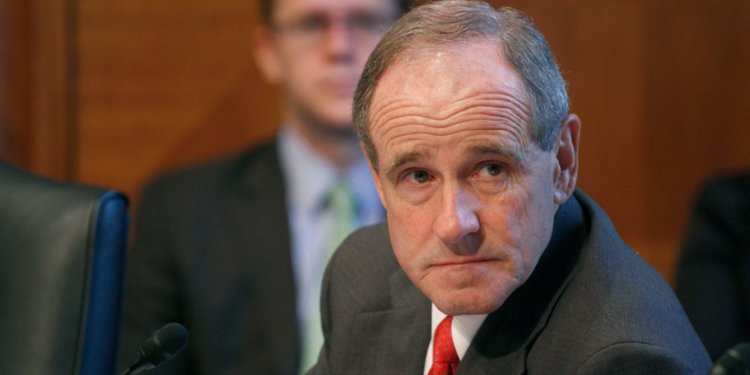
In the state’s history only a handful of Idahoans have been given – or earned – a place of national leadership. I think of Republican Sen. James A. McClure, who led the Senate Energy Committee in the early 1980s with considerable distinction, while also serving in a Senate leadership position. Cecil Andrus’s tenure as Secretary of the Interior ranks among the very best in history. William Borah and Frank Church both chaired the Senate Foreign Relations Committee and distinguished themselves by, among other acts, calling various presidents over foreign policy blunders.
Risch has now reached the pinnacle of a lifetime in public office – he’s a case study of a career politician – but he’s apparently willing to squander any influence he might have over foreign policy to remain “an incredible supporter” of Trump’s agenda.
Does that mean Risch endorses Putin’s return to the G-7? Does he really believe the efforts to control Iran or North Korean nuclear weapons are in good hands with this president? Does he think it appropriate that the next G-7 summit should be held at Trump’s struggling Florida golf resort, a multi-million dollar scheme to put money in the president’s own pocket?
We don’t know the answer to these and a dozen other questions because the senator rarely – if ever – comments on anything having to do with Trump’s foreign policy. No statements. No hearings. No leadership. And there isn’t a scintilla of evidence that Risch’s strategy of whispering in Trump’s ear, as he claims to do on a regular basis, has had any effect on either his behavior or his policy.
It’s not his job, Risch infamously said, the call out the president’s lies.
Risch has arrived at his moment of power and prestige, but he’s opted for partisan politics – and his own re-election – over the national interest. If there were any justice in politics it should cost him his job.


